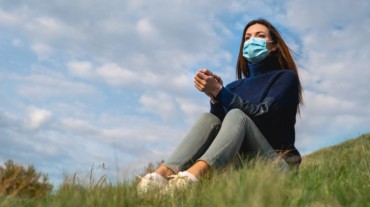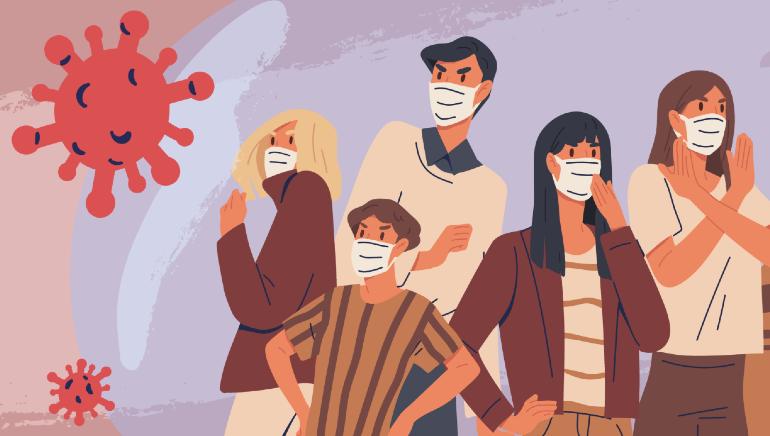
The chances of you getting infected by coronavirus might be inversely proportional to the altitude you’re living at. A recent research suggests that higher altitude might lower the chances of getting covid-19.
A study published in the journal Respiratory Physiology & Neurobiology found that altitudes especially 3,000 meters (9,842 feet) above the sea level significantly report reduced levels of coronavirus infections than their lowland counterparts.
Higher altitudes really seem uninviting to covid-19
Examining the epidemiological data from Bolivia, Ecuador and Tibet, researchers found that Tibet’s infection rate was “drastically” lower than that of lowland China; three times lower in the Bolivian Andes than in the rest of the country; and four times lower in the Ecuadoran Andes.
Cusco in Peru, a picturesque Andean valley, is a high-altitude city of 420,000 residents. Between March 23 and April 3, at the start of Peru’s strict national lockdown, it was interestingly no covid-19 fatality was found in the entire Cusco region, even as the contagion has claimed more than 4,000 lives nationally. In total, just 916 of Peru’s 141,000 cases came from the Cusco region, meaning its contagion rate is more than 80 % below the national average. The higher altitudes really seem to bring out a stronger resistance!

According to reports, in Latin America, Ecuador has suffered one of Latin America’s worst outbreaks, with more than 38,000 reported cases and more than 3,300 deaths. The outbreak centred on the Pacific port of Guayaquil. While Bolivia, an area just a few hundred feet above sea level had 8,387 cases while La Paz ( world’s highest capital) had just 410 cases.
Also, Read: Covid-19 affects the nervous system and causes neurological complications: Study
How is this possible though?
Researchers found that the possible reason behind their speculations around higher altitudes might be that there covid-19 gets ‘soroche’, a Quechua word for altitude sickness.
The medical hypothesis found that the populations living at high altitudes might be benefiting from an ability to cope with hypoxia (low levels of oxygen in the blood). On the other hand, the natural environment might be hostile to the virus. This includes the dry mountain air, high levels of UV radiation and the possibility that lower barometric pressure reduces the virus’s ability to linger in the air, researchers stated.
Although researchers are also denying the fact that people in high altitude places like the Himalayas, Ethiopian highlands, and Ande have any genetic advantage. A pulmonologist at the Mayo Clinic and a former president of the American College of Chest Physicians, Clayton Cowl, may be more closely related to acclimatization—the body’s ability to adjust temporarily to altitude, than to DNA.
He further stated that prolonged exposure to altitude managed to trigger a chain reaction in the lungs involving a protein known as ACE2. The protein might prevent pulmonary shunting, a problem commonly found in COVID-19 patients.
Select Topics of your interest and let us customize your feed.
PERSONALISE NOW
What does shunting do? Usually, when a part of the lung is damaged, the body redirects the blood flow toward healthier areas to absorb oxygen better. Shunting stops that process of redirection, resulting in hypoxia. According to Cowl, among the roughly 30% of covid-19 patients who exhibit mild symptoms commonly had unusually low levels of oxygen in their blood—which sometimes took a sudden turn for the worse.
Also, Read: Here’s why epidemiologists believe even a vaccine won’t eradicate covid-19
Further research is still needed
It still can’t be confirmed as the factor safeguarding humans. Researchers are still looking for more evidence to establish the high-altitude population’s response to the coronavirus. This will also consider the possibility that when infected, they sicken less and are therefore less likely to seek medical treatment or testing.
A researcher from the University of California stated that: “We’re still learning so much about this disease, and this does provide us with some good clues to try and understand its progression.”
(With inputs from ANI)